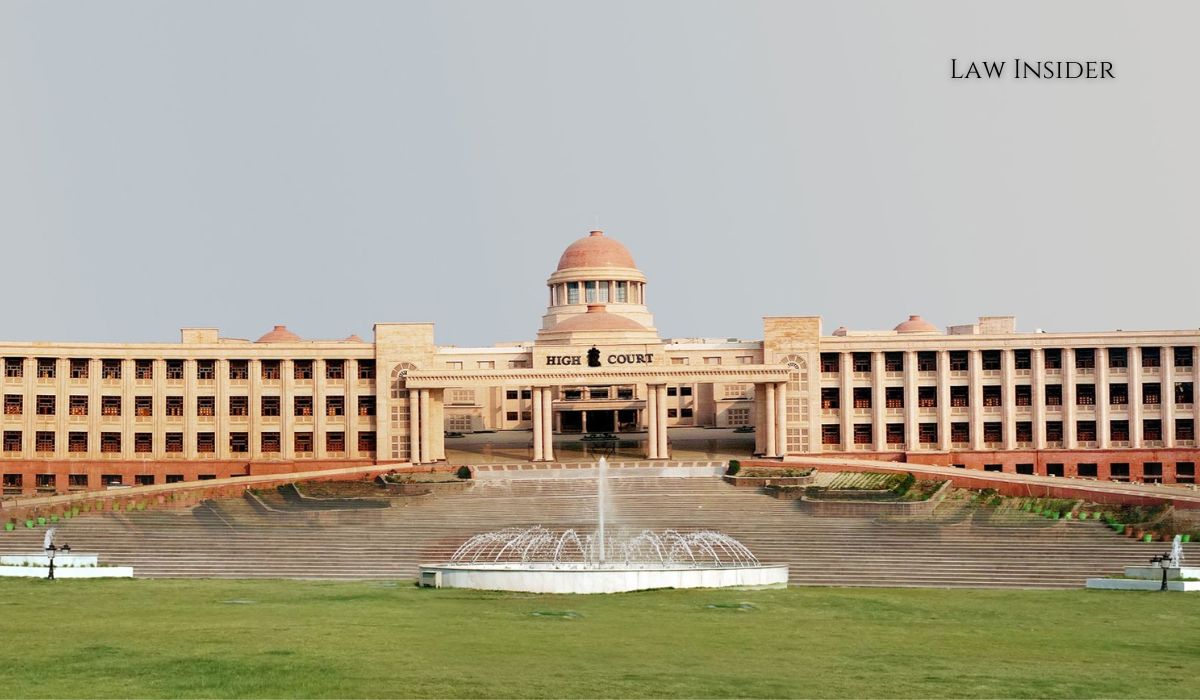Tanisha Rana
Published on: October 7, 2022 at 22:58 IST
According to a recent ruling by the Allahabad High Court, providing false information about an election candidate’s educational background does not constitute a “corrupt practise” under Section 123 of the Representation of the People Act, 1951 (the RP Act).
According to the Justice Raj Beer Singh bench, any discrepancy or error in a candidate’s affidavit indicating educational qualification would not constitute corrupt practise because the voter does not need to know the candidate’s educational background.
“The anomalies regarding educational qualification shown in affidavit of respondent or to say even false information regarding education of the respondent, can hardly be termed as ‘corrupt practice’ within the meaning of sub section (2) or (4) of section 123 R.P. Act,” the court said.
Anugrah Narayan Singh, who ran against respondent Harsh Vardhan Bajpayee in the 262 Allahabad City North constituency during the 2017 State elections, filed an election petition asking for the election of the respondent as an MLA to be declared invalid.
He said that in addition to hiding information about unpaid home loans and power bills, respondent Harsh Vardhan Bajpayee also provided misleading information about his educational background throughout the election campaign.
The petitioner claimed that the respondent engaged in “corrupt practise” of undue influence under Sub-Section (2) or (4) of Section 123 of the RP Act when he had printed pamphlets and handbills during the election campaign in which he identified himself as Er. Harsh Vardhan Bajpayee and claimed to be a qualified engineer, despite not having a degree in engineering.
He further claimed that the respondent had misrepresented his lack of an MBA degree by claiming to have one during the 2012 election.
The petitioner’s main argument was that since the majority of the electors in the relevant constituency are educated and desire to elect an educated individual to represent them, incorrectly disclosing educational background and failing to disclose government dues would constitute “corrupt practise” of undue influence.
During the pendency of the current petition, the respondent filed a motion to dismiss it as frivolous because the Legislative Assembly in question would be dissolved in February or March 2022, at the conclusion of its five-year tenure.
The petitioner, on the other hand, raised objections to that application and claimed that because the respondent had engaged in corrupt activity as defined by Sections 123(2) and 123(4) of the RP Act, the petition needed to move forward because it could result in the respondent receiving several disqualifications, including a six-year ban from running for office.
The court stated that because the contested election’s term had already ended and a new election had subsequently been held, any election petition could be dismissed if the charges provided by the petitioner did not amount to any corrupt activity.
As a result, the court focused on whether a case of corrupt practise was established because the petition had been declared infructuous for other purposes.
Regarding the claims of “corrupt practise” and undue influence made by the respondent, the court noted that the petitioner was unable to present any irrefutable proof that the respondent did not earn the claimed B. Tech. degree from the purported University.
The petitioner’s claims were found to be vague and general by the court since no specifics were provided regarding the petitioner’s claims that the respondent used corrupt tactics to unduly influence the electorate by representing himself as an educated engineer or when, where, or how he did so.
“Considering all these facts of the matter, the inaccuracy or concealment regarding educational qualification of the respondent did not amount to unduly influencing the voters, as the defect in disclosure was not of substantial character that could have materially prejudiced the prospects of the election, for it to be termed as a corrupt practice within the meaning of Section 123 of the Representation of People Act,” held the court.
Additionally, the court cited the Apex Court’s decision in Peoples Union for Civil Liberties vs. UOI and held that it was impossible to say that any contradiction or mistake in a candidate’s statement claiming his educational qualifications would constitute a corrupt practise.
The court held that there was “no impediment or obstacle in dismissing the election petition, as the prayer itself had become infructuous,” because “it is the consistent view of the Hon’ble Supreme Court that the time of the Court is a precious one and academic exercise is not warranted unless still some relief may be granted to petitioner may be followed.”
As a result, the court approved the respondent’s application and dismissed the election petition as infructuous.
Case Title: Anugrah Narayan Singh vs. Harsh Vardhan Bajpayee

